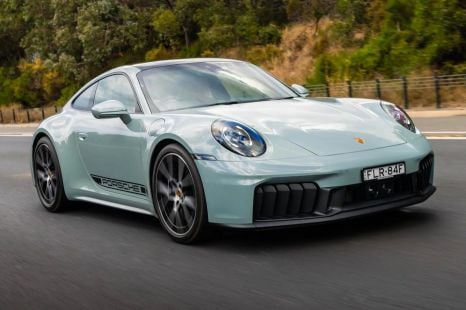

Alborz Fallah
2025 Porsche 911 T-Hybrid review
5 Months Ago

Senior Road Tester
Just a week after confirming top-line performance credentials for MG’s first electric roadster, parent company SAIC Motor has shared information about the car’s dynamic tuning development.
While it’s no secret the MG Cyberster is an extremely rapid thing with a 0-100km/h claim of as little as 2.6 seconds, not much was known about its dynamic development.
It turns out much of Cyberster’s chassis work has been in collaboration with Italian company, Danisi Engineering, which was founded in 1955 in Turin, but which also has facilities in Modena, Munich and Shanghai.
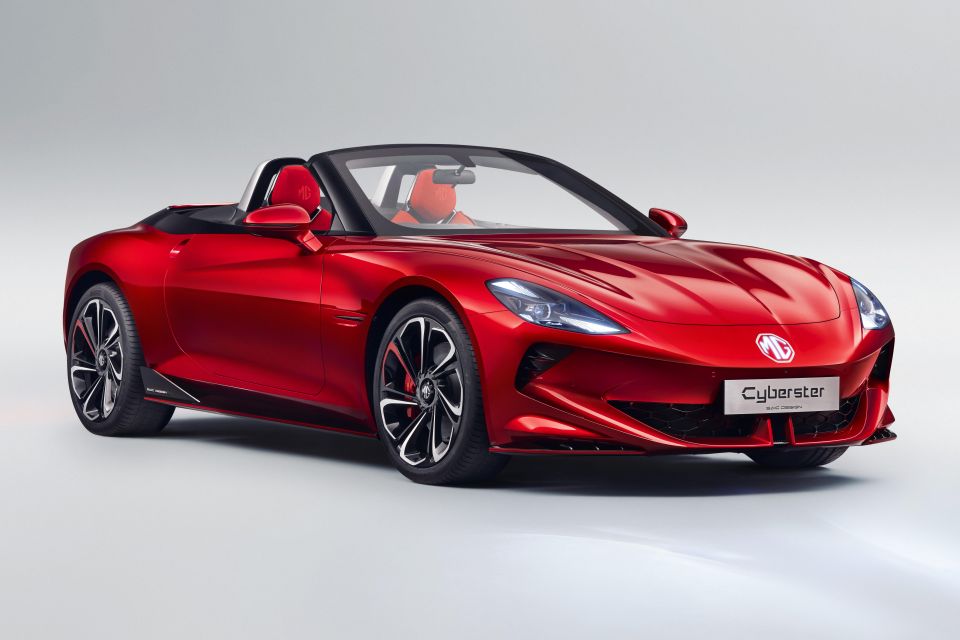
It specialises in chassis engineering, in-vehicle integration, prototyping and testing for Tier 1 manufacturers, along with interests in motorsport.
While the tuning team for the MG Cyberster was led by Marco Fainello, the operation itself was overseen by Danisi Engineering’s Luca Grassi, project director of Danisi Engineering.
“When our technical team arrived in China and first came into contact with EC32 (the internal code name of MG Cyberster), we were pleasantly surprised to find that it already had an excellent foundation, which can be called an excellent fusion of classic sports cars and China’s pure electric technology,” said Mr Grassi.
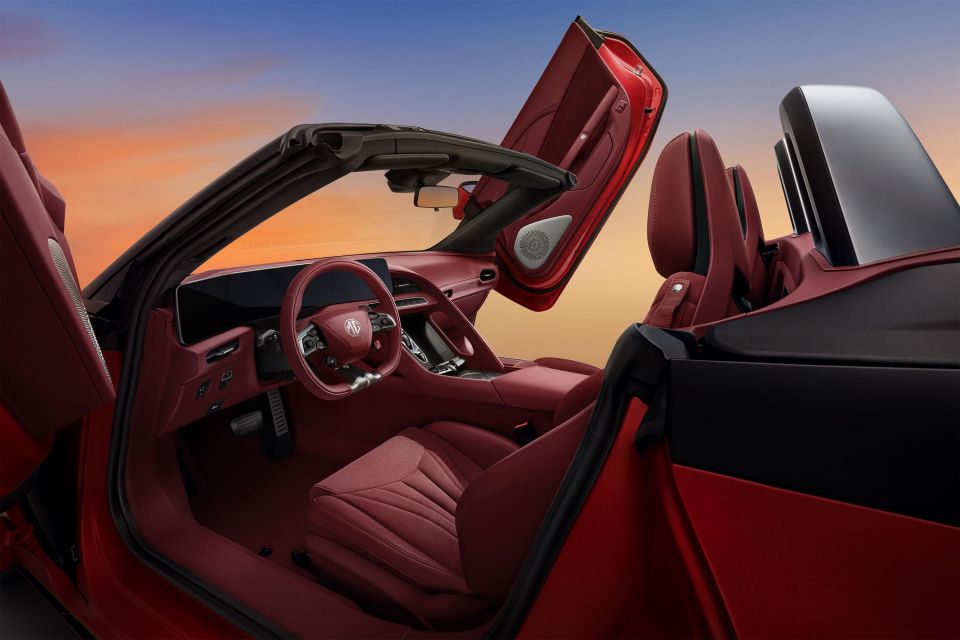
“This is MG’s choice of electrification to revive the legendary sports car after years of absence from the roadster field. For this reason, we developed and completed the MG Cyberster chassis dynamics with SAIC with great enthusiasm development work”.
MG is still extremely tight-lipped about the Cyberster, apart from sharing its hypercar acceleration claims. It has yet to confirm outputs or range figures, for example.
Regulatory filings, however, indicate the base model will have a 231kW motor driving the rear wheels, while more expensive models use a dual-motor all-wheel drive system with a 150kW motor up front and a 200kW unit at the back.
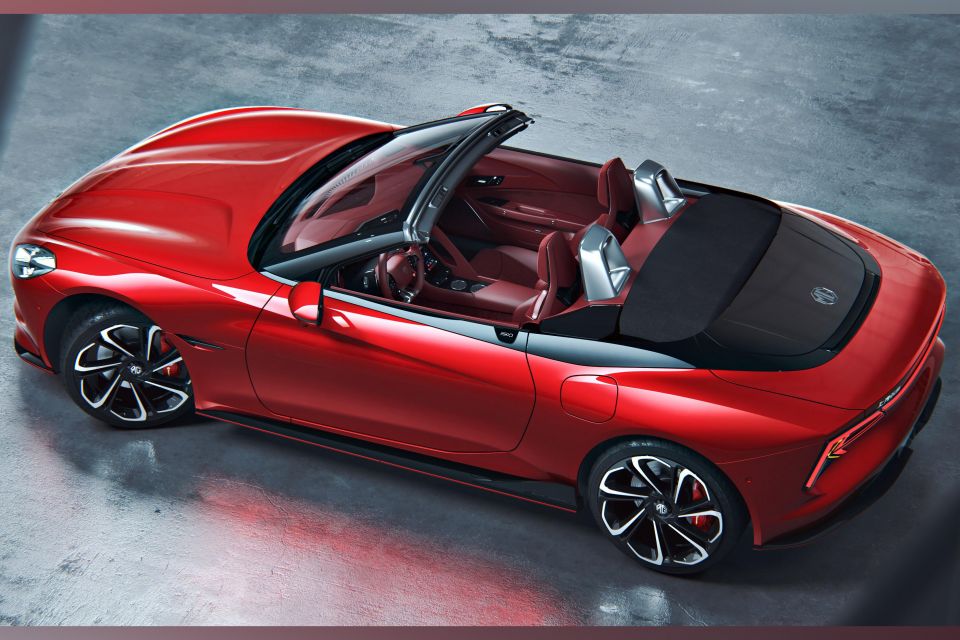
According to Car News China, two battery packs — 64kWh and 77kWh — will be available, with Chinese-cycle range ratings between 500 and 580km.
The Cyberster is 4535mm long, 1913mm wide, 1329mm tall, and has a 2690mm wheelbase. Kerb weight is between 1850kg and 1985kg, or about 700kg heavier than a base Mazda MX-5.
CarExpert has seen it undergoing testing in Shanghai – complete with a turbine-like sound, while travelling at low speeds at least.
Where expert car reviews meet expert car buying – CarExpert gives you trusted advice, personalised service and real savings on your next new car.


Alborz Fallah
5 Months Ago
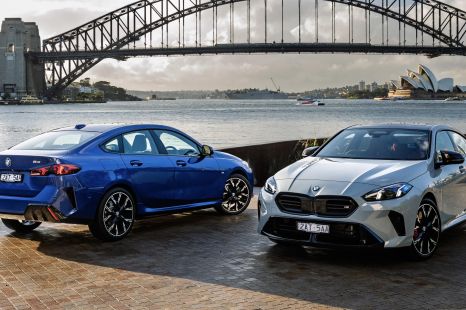

Max Davies
4 Months Ago


Alborz Fallah
1 Month Ago
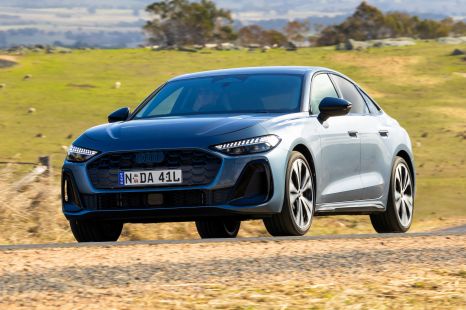

James Wong
24 Days Ago
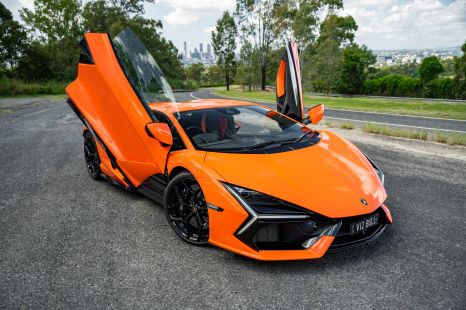

William Stopford
20 Days Ago
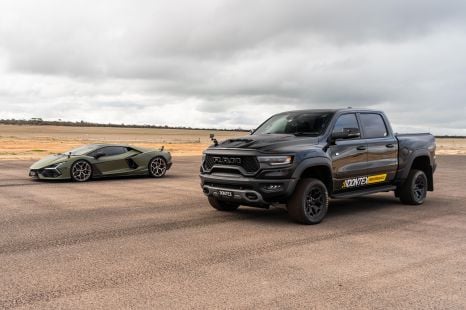

Paul Maric
14 Days Ago